The pace of technological advancement is accelerating, driving profound changes across all sectors of society. From artificial intelligence and quantum computing to renewable energy and biotechnology, innovations are transforming industries, economies, and everyday life. Here, we explore some of the most impactful global technology innovations that are shaping the future.
1. Artificial Intelligence and Machine Learning
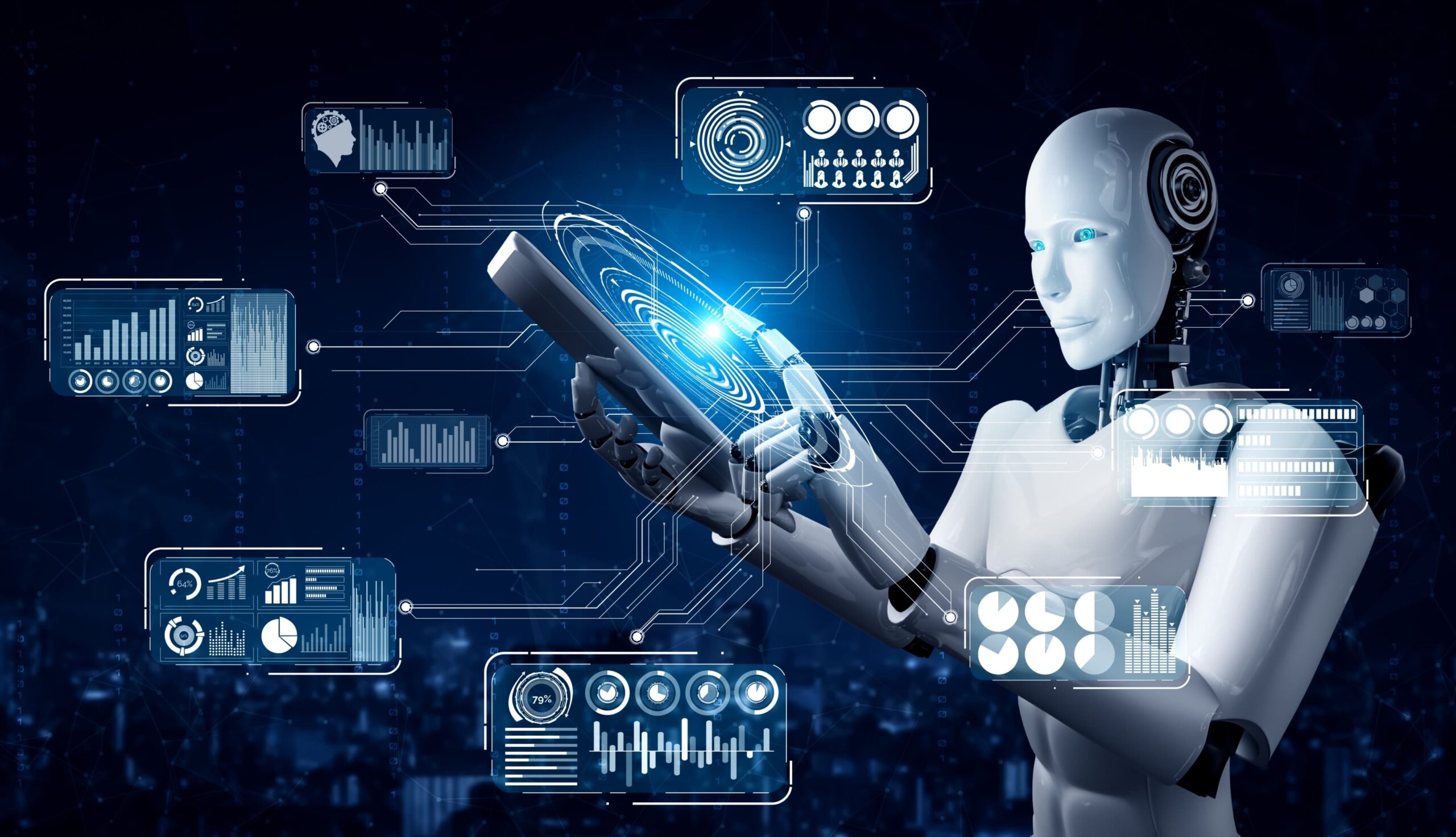
AI in Healthcare: Artificial intelligence is revolutionizing healthcare with applications in diagnostics, treatment planning, and personalized medicine. AI algorithms can analyze medical images, predict disease outbreaks, and optimize treatment protocols, leading to more accurate diagnoses and better patient outcomes.
Autonomous Systems: Autonomous vehicles, drones, and robots are becoming increasingly sophisticated, capable of performing complex tasks without human intervention. These technologies promise to enhance productivity, improve safety, and create new economic opportunities across various industries.
2. Quantum Computing
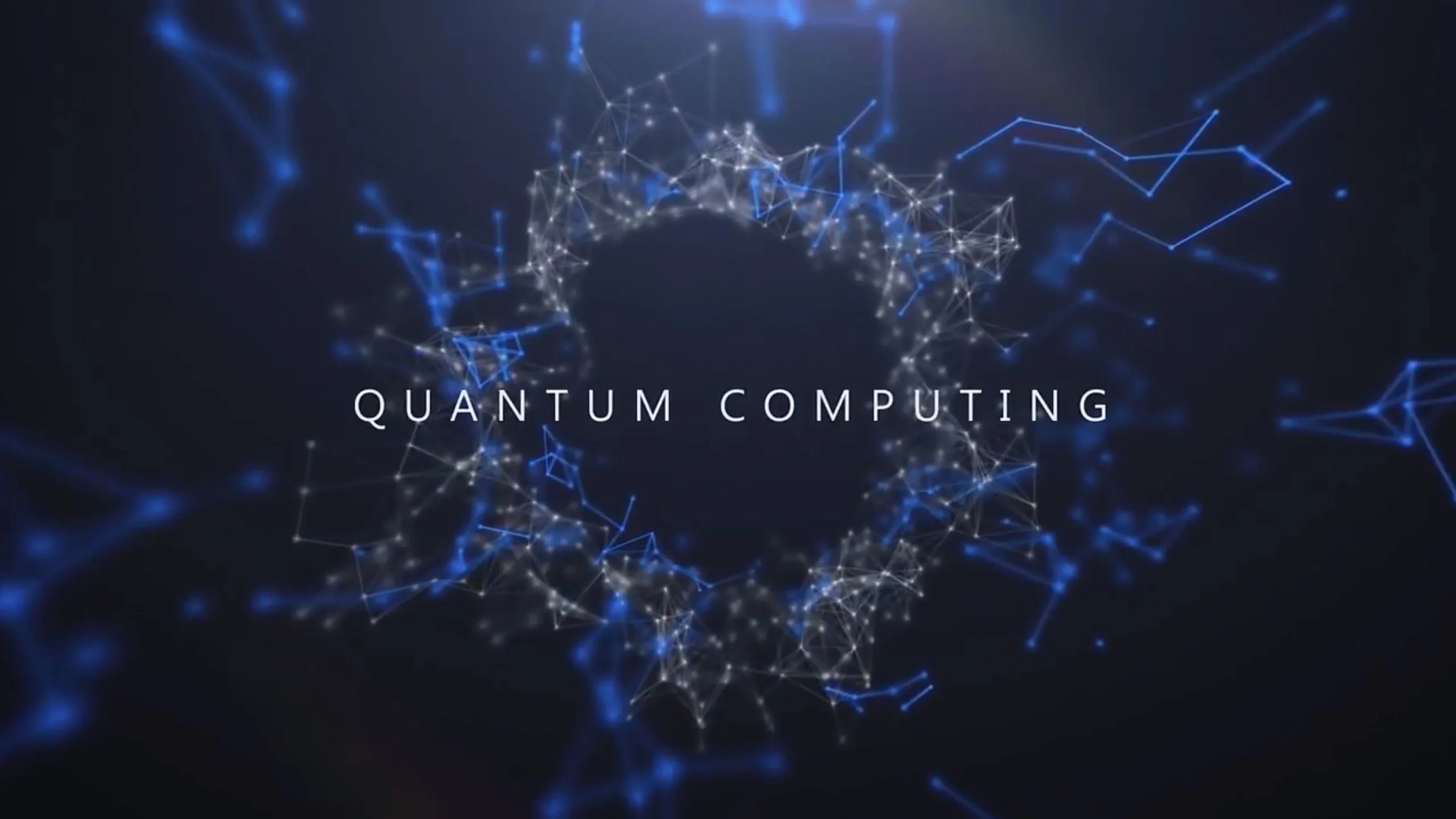
Supercharged Computation: Quantum computing harnesses the principles of quantum mechanics to perform calculations at unprecedented speeds. This technology has the potential to solve complex problems in fields such as cryptography, materials science, and pharmaceuticals that are currently beyond the reach of classical computers.
Advances in Quantum Research: Companies like IBM, Google, and startups like Rigetti Computing are making significant strides in developing practical quantum computers. While still in the experimental stage, quantum computing holds the promise of transforming industries by providing computational power far beyond today’s capabilities.
3. Biotechnology and Genetic Engineering

CRISPR and Gene Editing: The CRISPR-Cas9 gene-editing technology allows scientists to make precise changes to the DNA of living organisms. This breakthrough is revolutionizing medicine, agriculture, and biotechnology, enabling the development of disease-resistant crops, new therapies for genetic disorders, and innovative medical treatments.
Synthetic Biology: Advances in synthetic biology are enabling the design and construction of new biological parts, devices, and systems. This field is driving innovations in biofuels, bioplastics, and pharmaceuticals, contributing to more sustainable and efficient production methods.
4. Renewable Energy and Sustainability
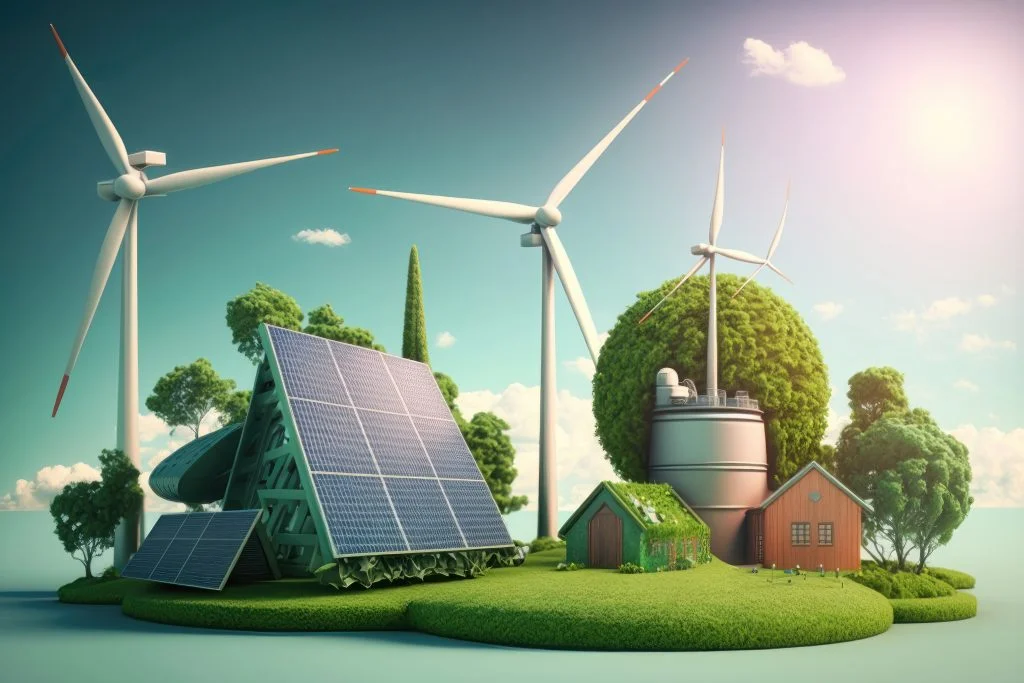
Solar and Wind Power: Technological advancements in solar and wind energy are making these sources more efficient and cost-effective. Innovations in energy storage, such as advanced batteries, are addressing the intermittency of renewable energy and enabling a more reliable and resilient energy grid.
Green Technologies: Innovations in green technologies, such as carbon capture and utilization, are playing a critical role in addressing climate change. These technologies capture carbon dioxide emissions from industrial processes and convert them into useful products, reducing greenhouse gas emissions and promoting a circular economy.
5. 5G and Connectivity
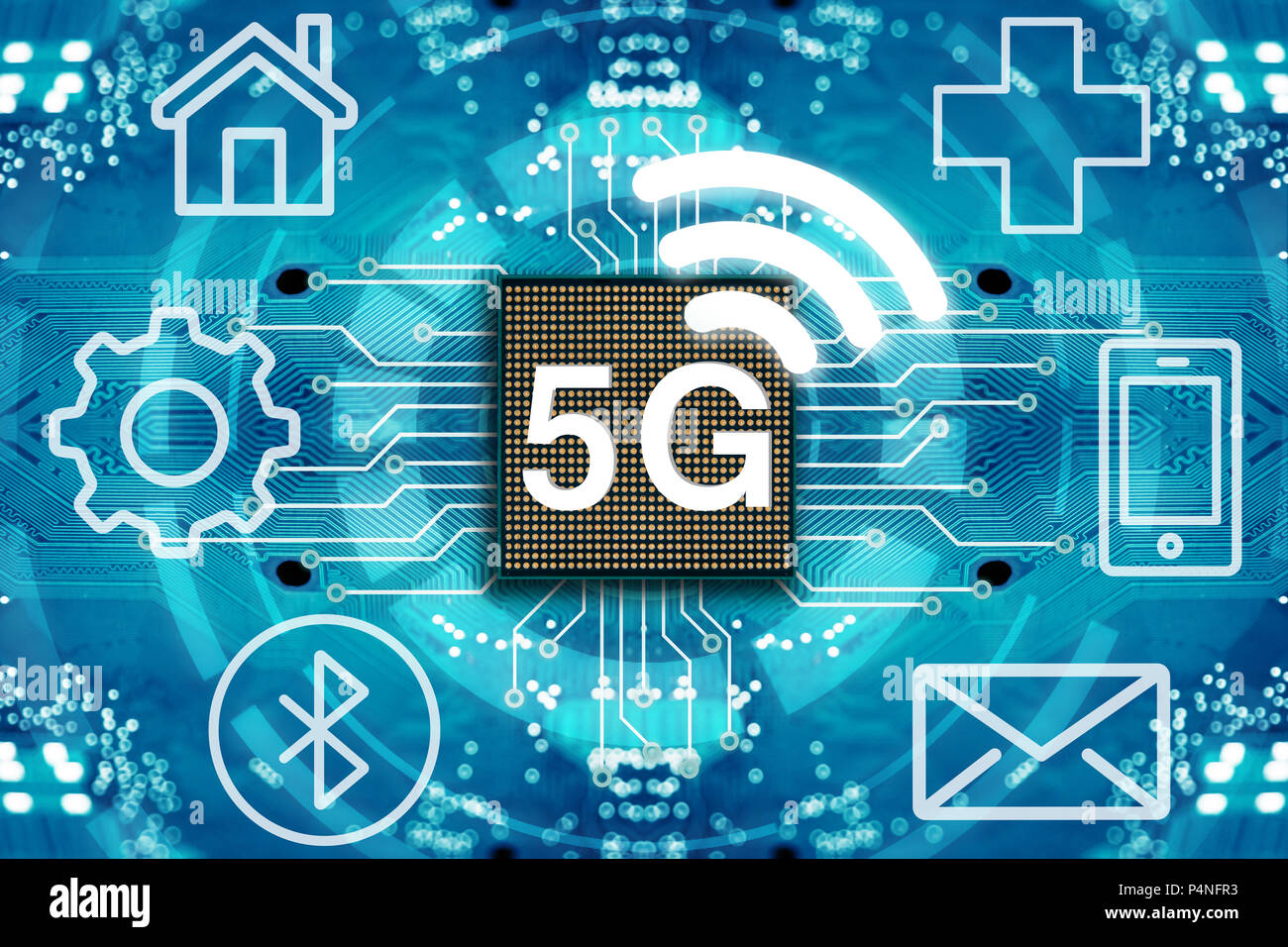
Next-Generation Networks: The rollout of 5G networks is set to revolutionize communication by providing faster, more reliable, and lower-latency connectivity. This technology will enable the widespread adoption of the Internet of Things (IoT), autonomous vehicles, and smart cities, transforming how we live and work.
Digital Inclusion: Efforts to expand internet access to underserved regions are gaining momentum, driven by initiatives from governments, NGOs, and companies like SpaceX with its Starlink satellite internet service. Enhanced connectivity is crucial for promoting economic development, education, and healthcare in remote and rural areas.
6. Augmented Reality and Virtual Reality
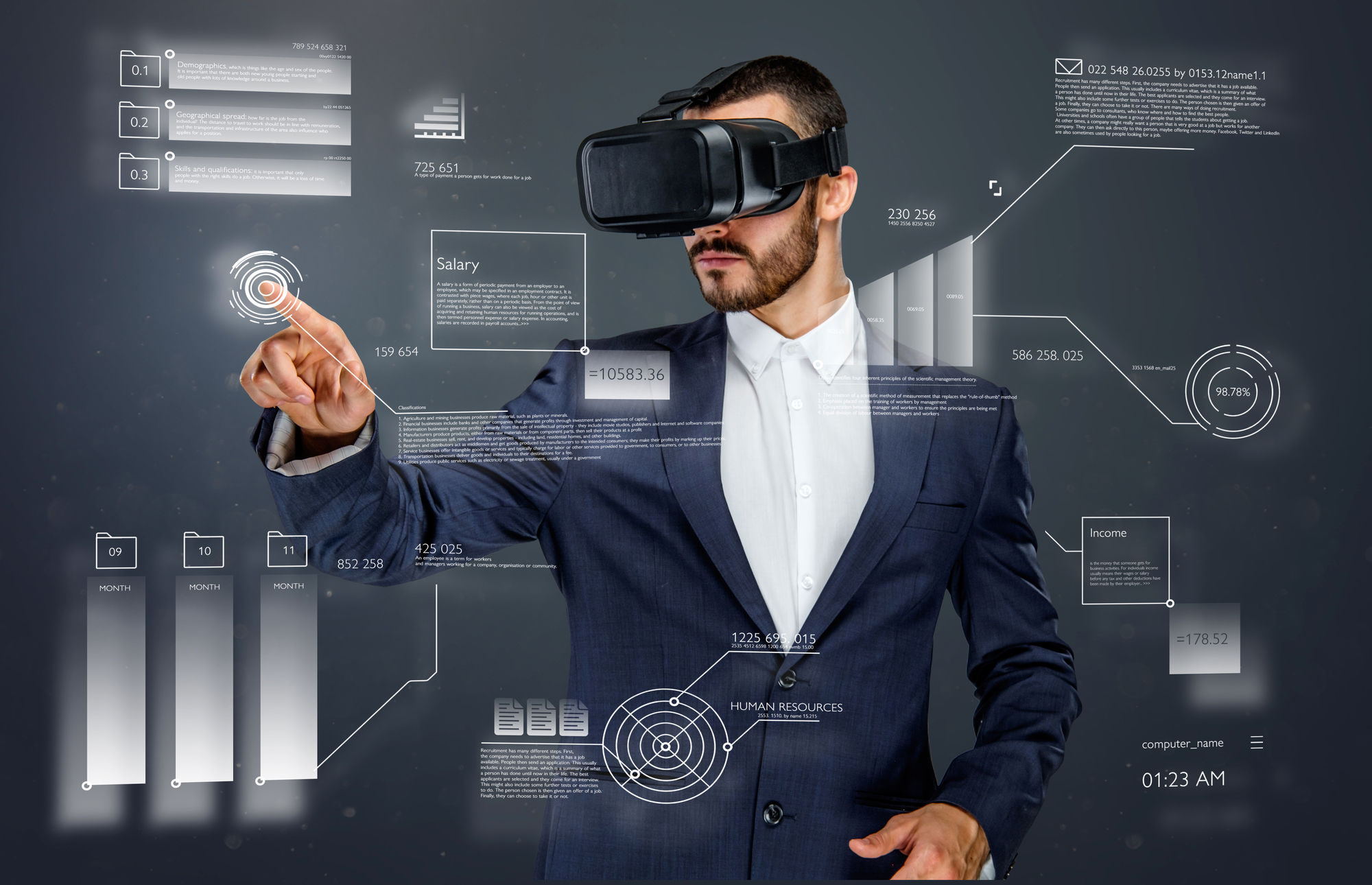
Immersive Experiences: Augmented reality (AR) and virtual reality (VR) technologies are creating immersive experiences in gaming, entertainment, education, and training. These technologies offer new ways to interact with digital content and provide innovative solutions for remote work, collaboration, and learning.
Applications in Industry: AR and VR are being used in various industries for tasks such as product design, simulation, and maintenance. For example, AR can overlay digital information on physical objects, assisting technicians in complex repairs, while VR can simulate real-world environments for training purposes.
7. Blockchain and Decentralized Technologies
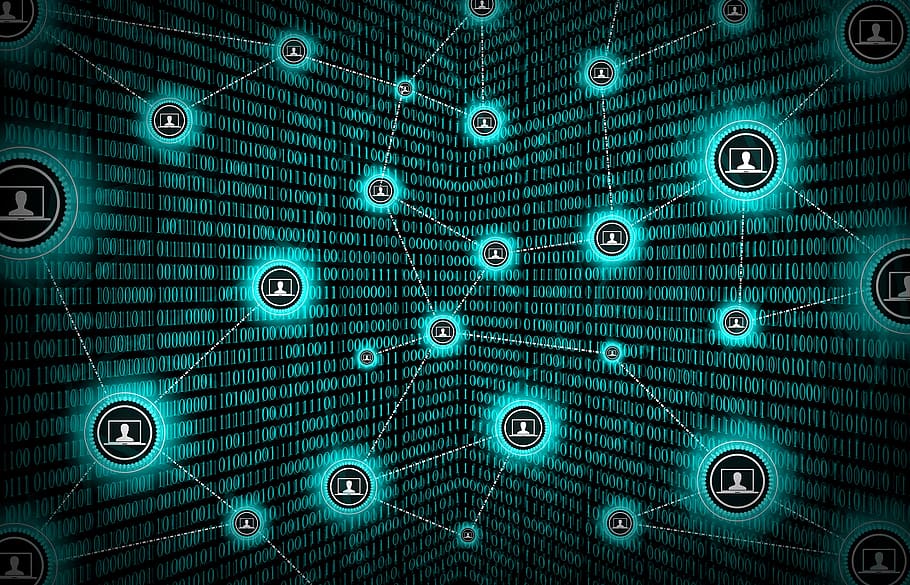
Cryptocurrencies: Blockchain technology, the backbone of cryptocurrencies like Bitcoin and Ethereum, is driving innovation in finance. Cryptocurrencies offer decentralized, secure, and transparent methods of transferring value, challenging traditional financial systems.
Smart Contracts: Smart contracts, self-executing contracts with the terms of the agreement directly written into code, are enabling decentralized applications (dApps) and new business models. These innovations have the potential to transform industries such as real estate, supply chain management, and legal services.
Conclusion
Global technology innovations are reshaping the world, offering solutions to some of the most pressing challenges and unlocking new possibilities. As these technologies continue to evolve, they will drive economic growth, improve quality of life, and create a more sustainable and interconnected world. Embracing and harnessing these innovations is essential for navigating the future and ensuring that the benefits of technological progress are widely shared.




